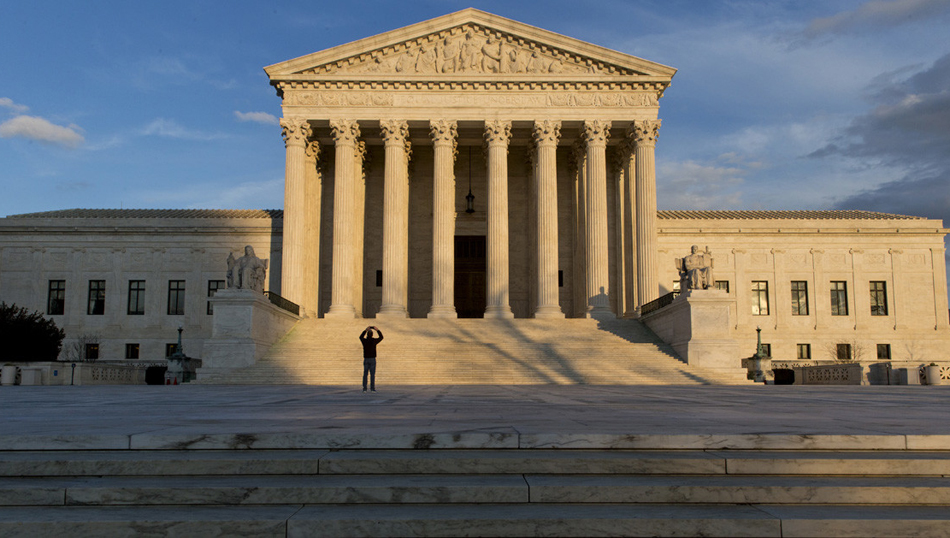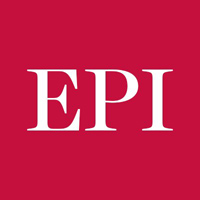
In a new paper, EPI Labor Counsel Celine McNicholas and research assistant Zane Mokhiber report that the Supreme Court case Janus v AFSCME Council 31, along with previous cases challenging unions’ right to collect “fair share” fees from nonmembers, have been financed by a small group of foundations with ties to the largest and most powerful corporate lobbies. Analyzing Internal Revenue Service documents, the authors find that several of the foundations supporting anti-union litigants share the same donors—including the Sarah Scaife Foundation, The Lynde and Harry Bradley Foundation, the Ed Uihlein Family Foundation, and the Dunn’s Foundation for the Advancement of Right Thinking.
Working people who choose not to join their workplace’s union, but are still covered by a collective bargaining agreement, do not pay union dues. Instead, they pay “fair share” fees to cover the basic costs that the union incurs representing them. If the court finds in favor of the plaintiffs in Janus, unions representing public-sector workers could be prohibited from collecting these fees. The authors explain that if this happens, unions will be forced to operate with fewer and fewer resources. This will lead to reduced power—at the bargaining table and in the political process.
“This case is one of the most important cases to corporate interest groups. It is one of the cases that made Senate Republicans so determined to block President Obama’s nominee to the Supreme Court,” said McNicholas. “The outcome of Janus will affect millions of working people across the country and will impact the public services we depend on these workers to provide.”
McNicholas and Mokhiber make the case that in a political system dominated by moneyed interests, working people are left with little power if they do not have an effective way to pool their resources. This principle is what is at stake in Janus. The decision in this case will determine the future of effective unions, democratic decision making in the workplace, and the preservation of good, middle-class jobs in public employment.
“Given the lack of transparency around these organizations’ financial disclosures, it is incredibly difficult to track the flow of money from these corporate-backed donors to the advocacy organizations that do their bidding,” said Mokhiber.

MOST POPULAR TODAY

Zionist organizations leading campaign to stop ceasefire resolutions in D.C. area


High Court essentially bans demonstrations, freedom of assembly in Deep South

Afghanistan’s socialist years: The promising future killed off by U.S. imperialism

Communist Karol Cariola elected president of Chile’s legislature






Comments